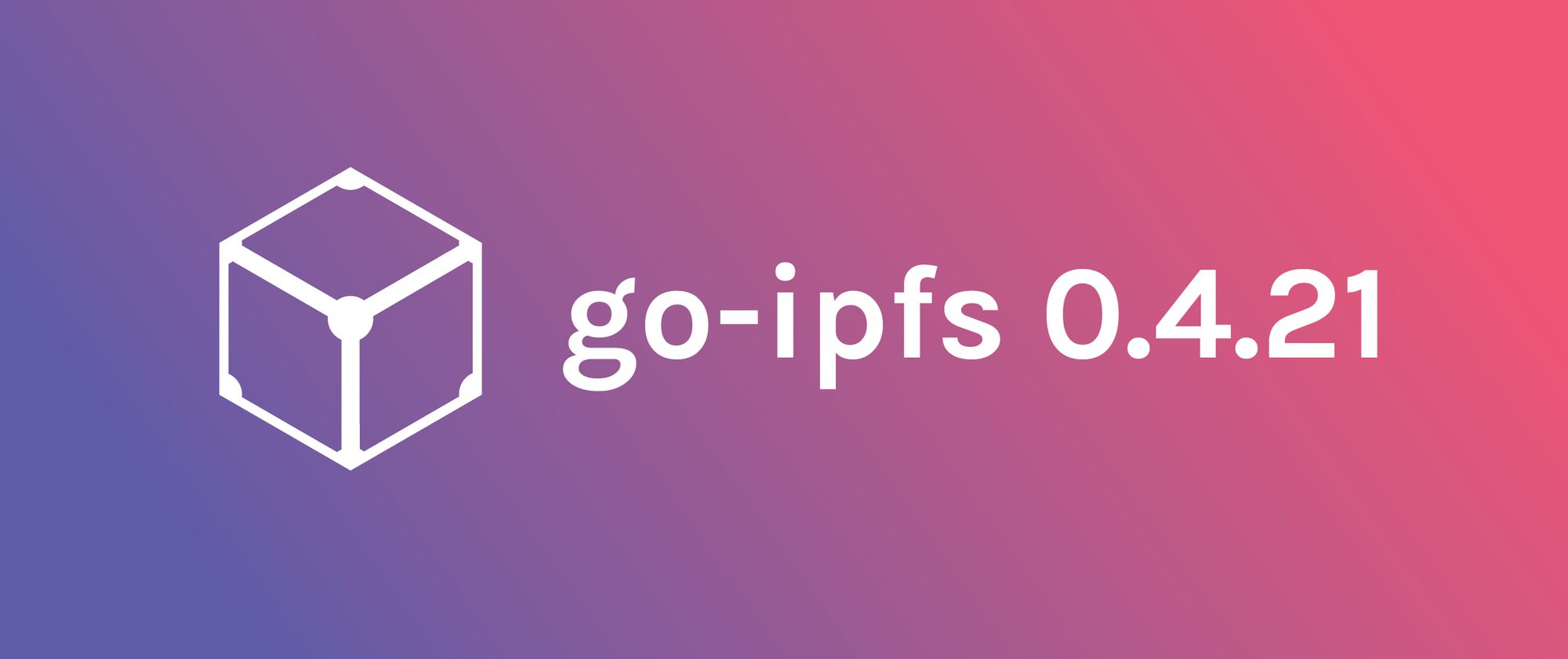Welcome to FISSION Fragments #3 - our regular newsletter of awesome links. Want to get them delivered straight to your inbox? Subscribe! We also tend to tweet a lot of these links from our Twitter account @fissioncodes if you want to get them in real time.
This week digs into "Friday wins," an IPFS release, what forks mean to Github, cloudflare tutorials, and simple dapp frontends through Etherscan.
Do you work on a team? -- this thoughtful post from Kellan Elliott-McCrea is for you. He reminds teams to use "end of week reviews" as a way to support both each other and collective culture. Read more on Friday wins and a case study in ritual design
Culture is what you celebrate. Rituals are the tools you use to shape culture. Yet very few of us think much about ritual design.
A standard piece of software development practice that many teams let lapse, or merely let lapse into being sub-optimal is “Friday wins”, sometimes called sprint demos or sprint reviews. But you can take what can be a flaccid and repetitive meeting and make it a valuable ritual by grounding it in values.
Go-IPFS contributors have crafted a new release: go-ipfs 0.4.21

A short but useful blog from Drew DeVault titled: What is a fork, really, and how GitHub changed its meaning. His take is that personal branches that push to core repositories are what GitHub mislabels as forks, with the intention to lock projects onto their "cathedral" platform. Semantics are important!
The fork button on GitHub - with the little number next to it for depositing dopamine into your brain - is a bit misleading. GitHub co-opted the meaning of “fork” to trick you into participating in their platform more. They did this in a well-intentioned way, for the sake of their pull requests feature, but ultimately this design is self-serving and causes some friction when contributors venture out of their GitHub sandbox and into the rest of the software development ecosystem. Let’s clarify what “fork” really means, and what we do without GitHub’s concept of one - for it is in this difference that we truly discover how git is a distributed version control system.
Cloudflare has produced a very thorough tutorial that dives into Building a To-Do List with Workers and KV.
In this tutorial, we’ll build a todo list application in HTML, CSS and JavaScript, with a twist: all the data should be stored inside of the newly-launched Workers KV, and the application itself should be served directly from Cloudflare’s edge network, using Cloudflare Workers.

Etherscan, a blockchain explorer for the Ethereum network, released a new front-end tool for dapp developers.
Etherscan Dapp page provides a front-end interface with a custom URL (using Ethereum name service) for any smart contract on Ethereum.

Photo by Cassie Matias on Unsplash
